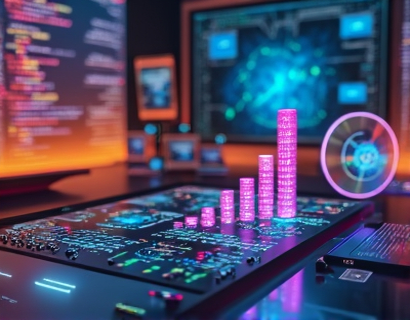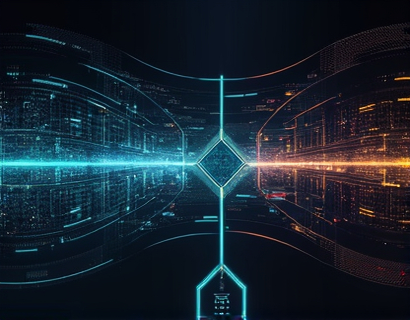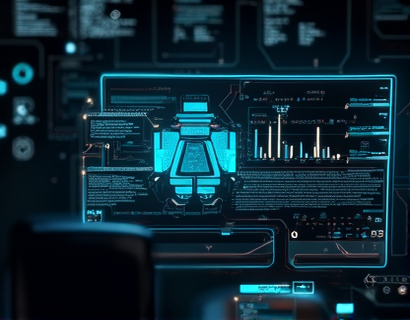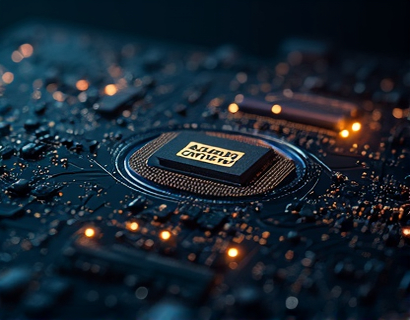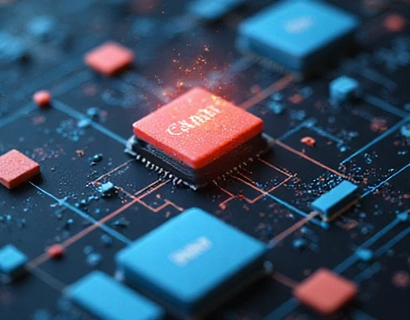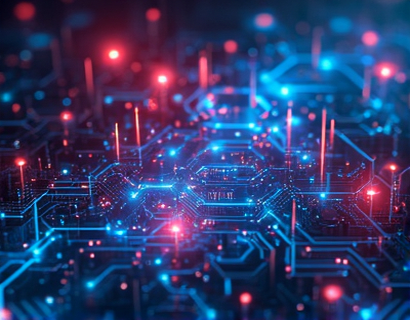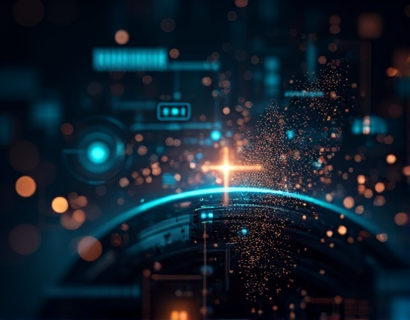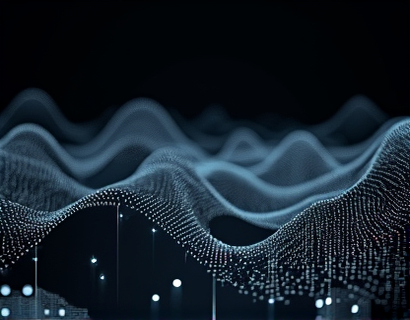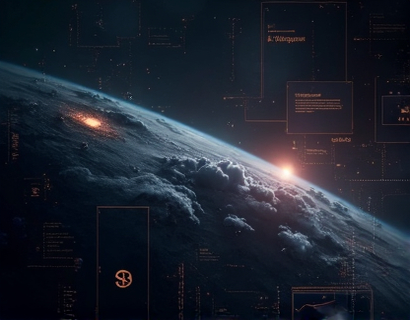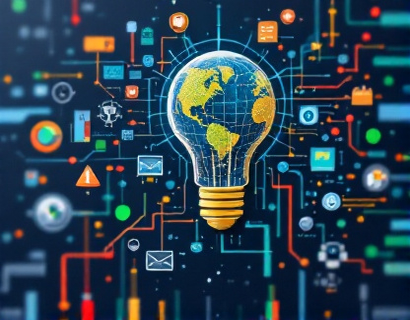Decentralized Productivity: Transforming Workflows with AI and Crypto Integration
The integration of artificial intelligence (AI) and cryptocurrency into decentralized applications is revolutionizing the way we approach productivity and efficiency in the digital realm. This transformation is not just about adopting new technologies but fundamentally rethinking how workflows are designed and executed. By merging the power of AI with the security and transparency of blockchain, we are unlocking unprecedented levels of productivity and efficiency. This article delves into the transformative impact of these technologies, exploring how decentralized applications and advanced AI tools are redefining professional capabilities and enhancing user experience.
Decentralized applications, or dApps, operate on blockchain networks, which are inherently resistant to censorship and manipulation. This decentralized nature ensures that data and transactions are secure and transparent, providing a solid foundation for building trust in digital workflows. When combined with AI, these applications can automate complex tasks, analyze vast amounts of data, and provide insights that were previously unattainable. The synergy between AI and decentralization creates a powerful ecosystem that can significantly enhance productivity across various industries.
Understanding Decentralized Applications
Decentralized applications are built on blockchain technology, which serves as a distributed ledger for recording transactions across multiple computers. This decentralized architecture eliminates the need for a central authority, reducing the risk of single points of failure and enhancing security. In the context of productivity, dApps can manage and automate workflows without intermediaries, streamlining processes and reducing costs.
One of the key features of dApps is their smart contract functionality. Smart contracts are self-executing contracts with the terms of the agreement directly written into code. They automatically enforce and execute the terms of a contract when predefined conditions are met. This automation is particularly useful in workflows that involve multiple parties and steps, ensuring that each action is performed accurately and timely. For instance, in project management, smart contracts can automate payment releases upon completion of milestones, eliminating the need for manual oversight and reducing the risk of delays.
AI in Decentralized Workflows
AI plays a crucial role in enhancing the capabilities of decentralized applications. Machine learning algorithms can analyze data from various sources, identify patterns, and make predictions, all of which can be leveraged to optimize workflows. In a decentralized environment, AI can process and interpret data from multiple nodes on the blockchain, providing real-time insights and recommendations.
For example, in supply chain management, AI can monitor and analyze data from different stages of the supply chain, from production to delivery. By integrating with blockchain, AI can ensure the authenticity and traceability of products, reducing fraud and improving efficiency. AI-driven analytics can predict potential bottlenecks and suggest optimizations, enabling proactive management of the supply chain.
Enhancing User Experience
The combination of AI and decentralization not only improves backend processes but also significantly enhances the user experience. Decentralized applications can offer more personalized and intuitive interfaces, thanks to AI-driven user behavior analysis. By understanding user preferences and patterns, dApps can tailor experiences to individual needs, making tools more accessible and efficient to use.
Moreover, the transparency and security provided by blockchain technology build trust among users. Knowing that their data is secure and that transactions are immutable, users are more likely to adopt and rely on decentralized tools. This trust is crucial in professional settings where data integrity and privacy are paramount.
Case Studies and Real-World Applications
Several industries are already witnessing the benefits of integrating AI and decentralization. In finance, decentralized finance (DeFi) platforms use AI to optimize trading strategies and manage risk. These platforms offer lending, borrowing, and trading services without intermediaries, reducing fees and increasing accessibility. AI algorithms analyze market data and smart contract conditions to execute trades at optimal times, enhancing profitability and efficiency.
In the healthcare sector, decentralized health records managed on blockchain, combined with AI for data analysis, can improve patient care and streamline administrative tasks. AI can process and interpret medical data from various sources, providing doctors with comprehensive insights for better decision-making. Smart contracts can automate insurance claims and payments, ensuring timely reimbursements and reducing bureaucratic delays.
Challenges and Considerations
While the potential of decentralized productivity tools is immense, there are challenges that need to be addressed. Scalability remains a significant issue for blockchain technology, as processing large volumes of transactions can be slow and resource-intensive. However, ongoing developments in blockchain scalability solutions, such as layer 2 protocols and sharding, are addressing these concerns.
Another consideration is the learning curve associated with adopting new technologies. Users and organizations need to invest time in understanding how to leverage decentralized applications and AI tools effectively. Education and training programs can play a vital role in facilitating this transition.
Future Prospects
The future of decentralized productivity is bright, with continuous advancements in both AI and blockchain technologies. As more organizations recognize the benefits of these integrations, we can expect to see a surge in innovative applications across various sectors. The convergence of AI and decentralization will likely lead to the development of more sophisticated tools that not only automate tasks but also provide deeper insights and more intuitive user experiences.
Furthermore, the rise of Web 3.0, which emphasizes decentralization, user ownership, and enhanced security, aligns perfectly with the goals of AI-integrated dApps. This new web paradigm will empower users to control their data and digital identities, fostering a more open and collaborative digital ecosystem.
In conclusion, the integration of AI and decentralization is transforming workflows in profound ways, offering unprecedented productivity and efficiency. By leveraging the strengths of both technologies, we can build more secure, transparent, and user-friendly digital tools that redefine professional capabilities. As the landscape continues to evolve, embracing these innovations will be crucial for staying competitive and relevant in the modern digital world.




